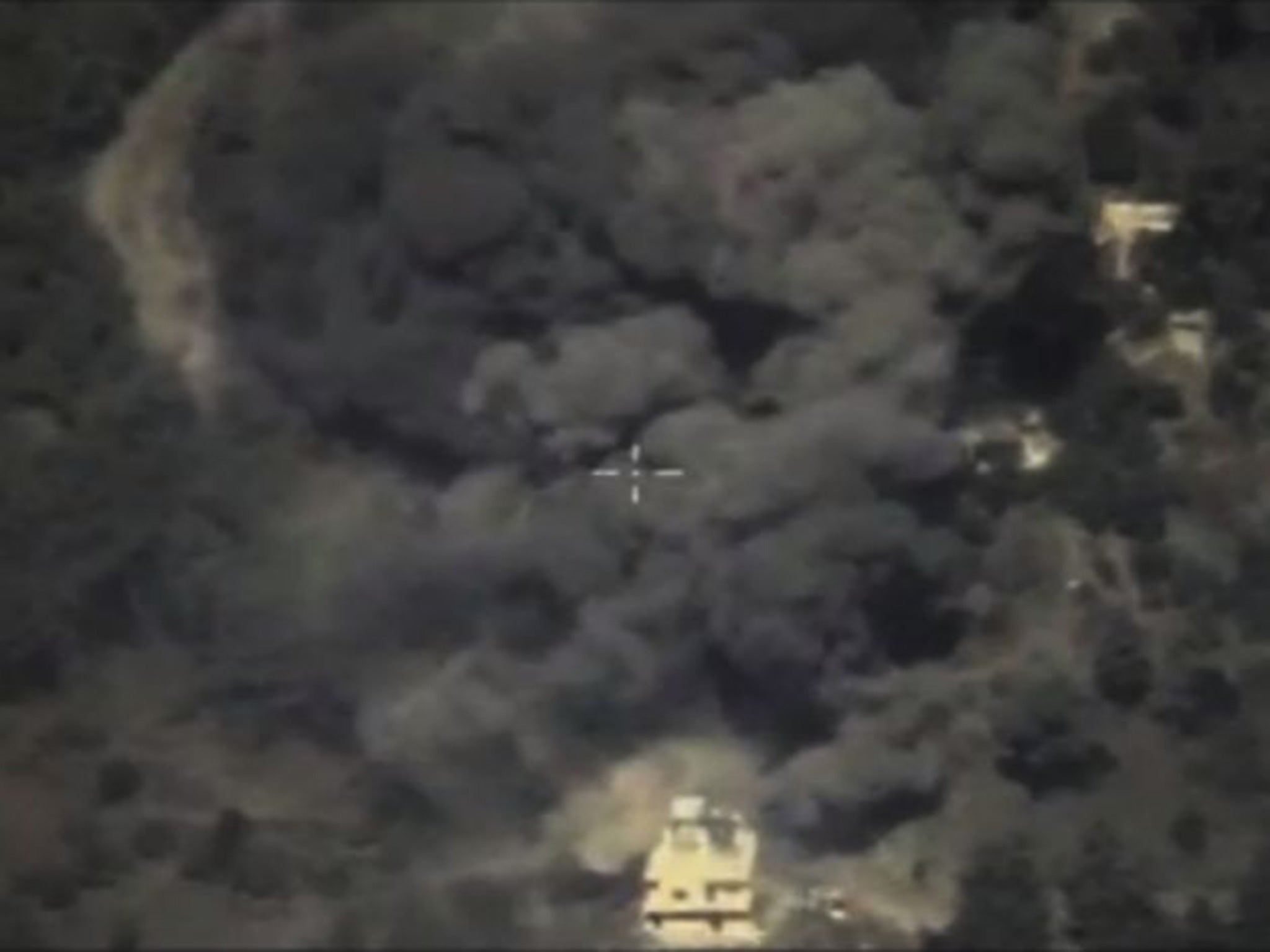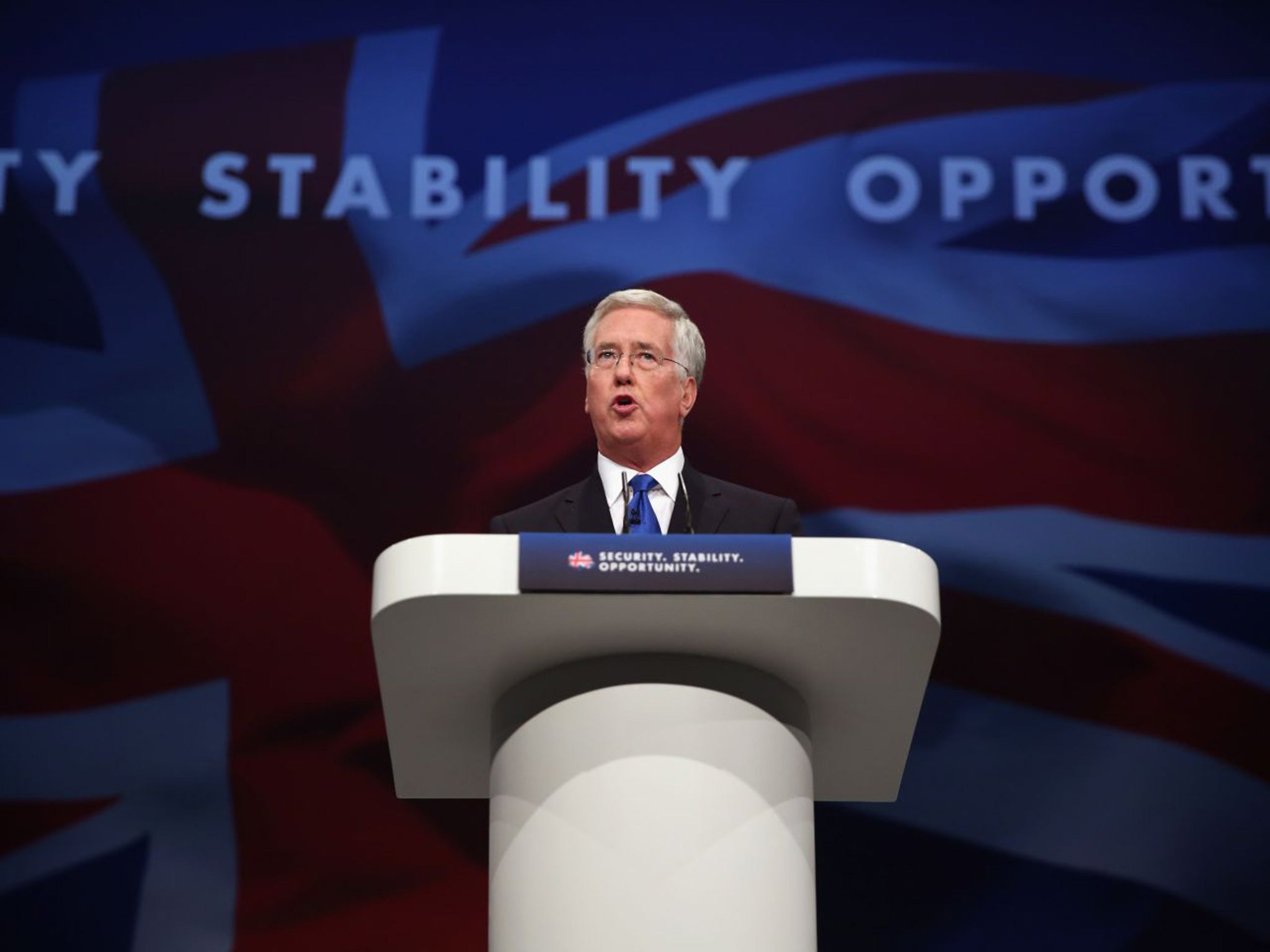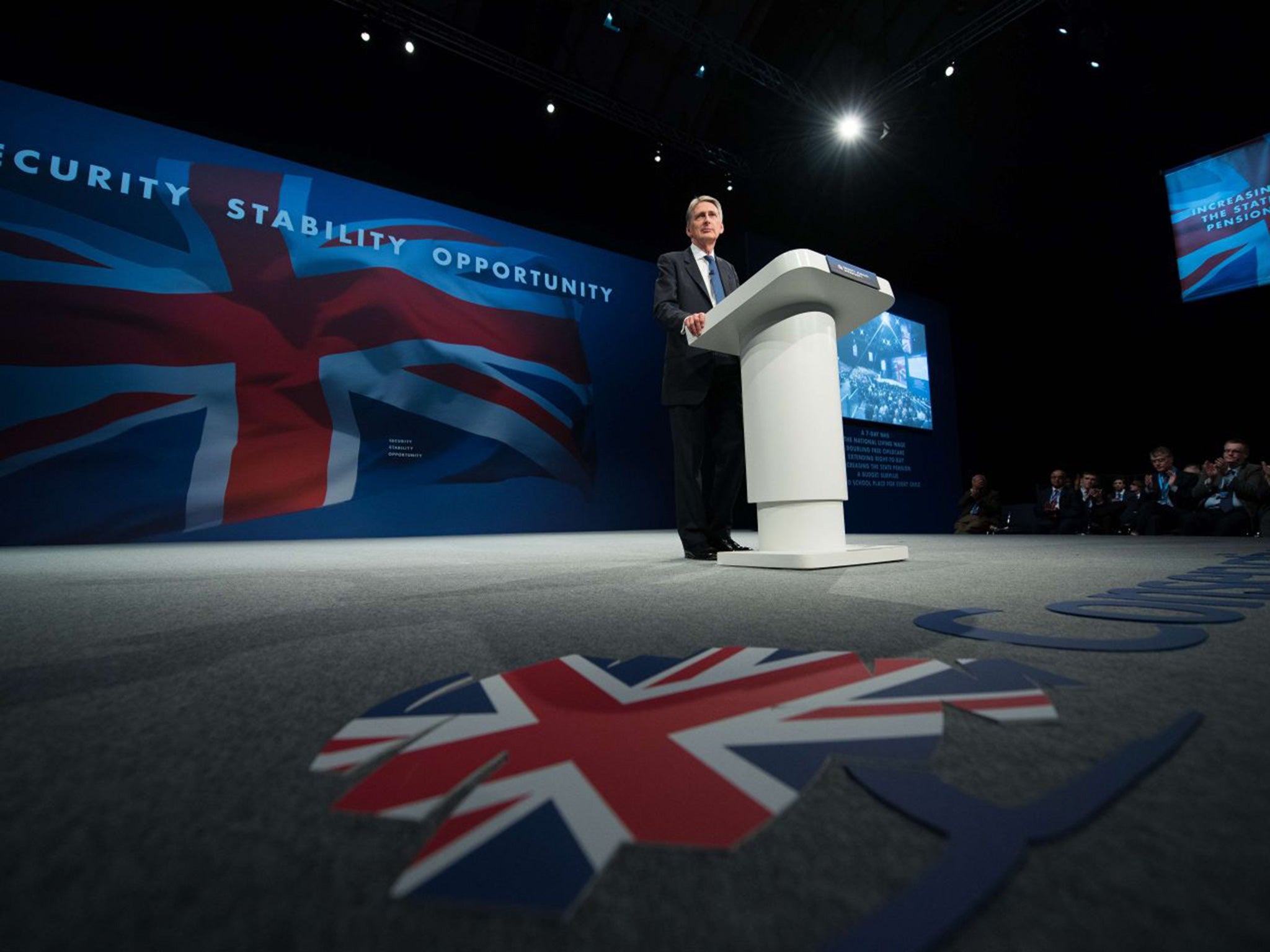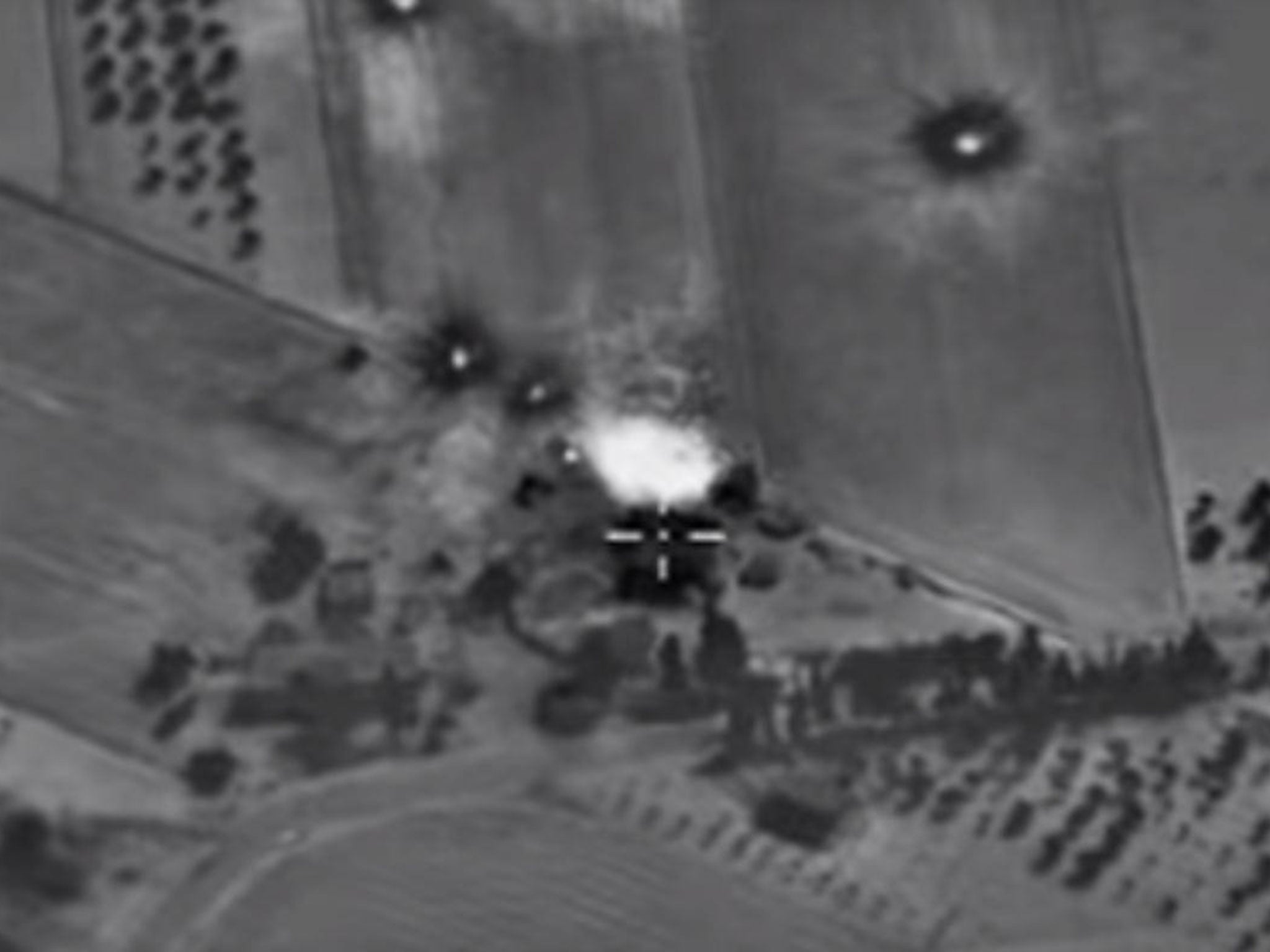British airstrikes on Isis in Syria expected within weeks
Defence Secretary Michael Fallon said that 'we can't leave it to other countries to keep our streets safe'

Your support helps us to tell the story
From reproductive rights to climate change to Big Tech, The Independent is on the ground when the story is developing. Whether it's investigating the financials of Elon Musk's pro-Trump PAC or producing our latest documentary, 'The A Word', which shines a light on the American women fighting for reproductive rights, we know how important it is to parse out the facts from the messaging.
At such a critical moment in US history, we need reporters on the ground. Your donation allows us to keep sending journalists to speak to both sides of the story.
The Independent is trusted by Americans across the entire political spectrum. And unlike many other quality news outlets, we choose not to lock Americans out of our reporting and analysis with paywalls. We believe quality journalism should be available to everyone, paid for by those who can afford it.
Your support makes all the difference.Moves to authorise air strikes on Isis fighters in Syria are expected within weeks after the Defence Secretary said it should not be left to other countries to keep British streets safe. Michael Fallon told the Conservative Party conference that the jihadists had to be confronted wherever they “took root” and warned that deadly plots against this country were being orchestrated from Isis strongholds in northern Syria.
David Cameron paved the way to extending bombing raids against Isis from Iraq to its neighbour, announcing plans to double the unmanned drone fleet flying over Syria and to beef up SAS operations in the country. He also signalled that Isis fighters such as “Jihadi John” would be targeted in future raids.
Mr Fallon said: “This is no time for Britain to retreat from the world, to let terror triumph, or to put our people in peril.”

Stressing the Government’s “resolve to face down the growing threats to our security and prosperity”, he said: “Isil [Isis] is the most serious threat to Britain in a generation butchering and brutalising innocent civilians. For over a year now our pilots have flown day and night in the fight against Isil. We are training more Iraqi forces in infantry skills and countering improvised explosives as they push Isil back.
“Isil’s terror in Iraq and against us here is directed from northern Syria. Isil recognises no borders and has to be taken on wherever it roots. So we should not leave it to French, Australian, or American aircraft to keep our own streets safe.”
Philip Hammond, the Foreign Secretary, also insisted there could be “no place to hide” for Isis, telling the conference that Britain would defeat the group’s “vile ideology, no matter how long it takes”.

The Government is now preparing to call a parliamentary vote authorising the widening of bombing raids to Syria. Mr Cameron is scarred by the experience of losing a Commons vote two years ago to authorise air strikes against the forces of Syrian President Bashar al-Assad after he used chemical weapons against his own population.
Mr Cameron suffered a humiliating defeat following a last-minute change of heart on the issue by the former Labour leader, Ed Miliband.
The current situation has been complicated by Russia’s decision to launch bombing raids in Syria.
Britain and the United States have accused President Vladimir Putin of targeting moderate opposition forces rather than Isis militants or fighters allied to al-Qaeda.
At its conference last week, Labour backed a resolution saying it would only support air strikes if they had United Nations approval. However, any parliamentary vote is likely to be treated by Labour as a conscience issue.
Mr Cameron told The Sunday Telegraph that investment in special forces and surveillance was essential to meeting the terrorist threat. He said Britain would buy 20 new Protector drones to replace the current fleet of 10 Protector drones. They are able to fly longer distances and carry more sophisticated weapons.

Mr Cameron said: “One of the biggest threats we have to respond to is that terrorist threat and that means a lot of things in terms of obviously domestic security and our intelligence services.”
The paper reported that the Prime Minister made clear that more jihadists operating in Syria who are believed to be on a British “kill list” will be targeted by the drones as a “last resort”.
Join our commenting forum
Join thought-provoking conversations, follow other Independent readers and see their replies
Comments